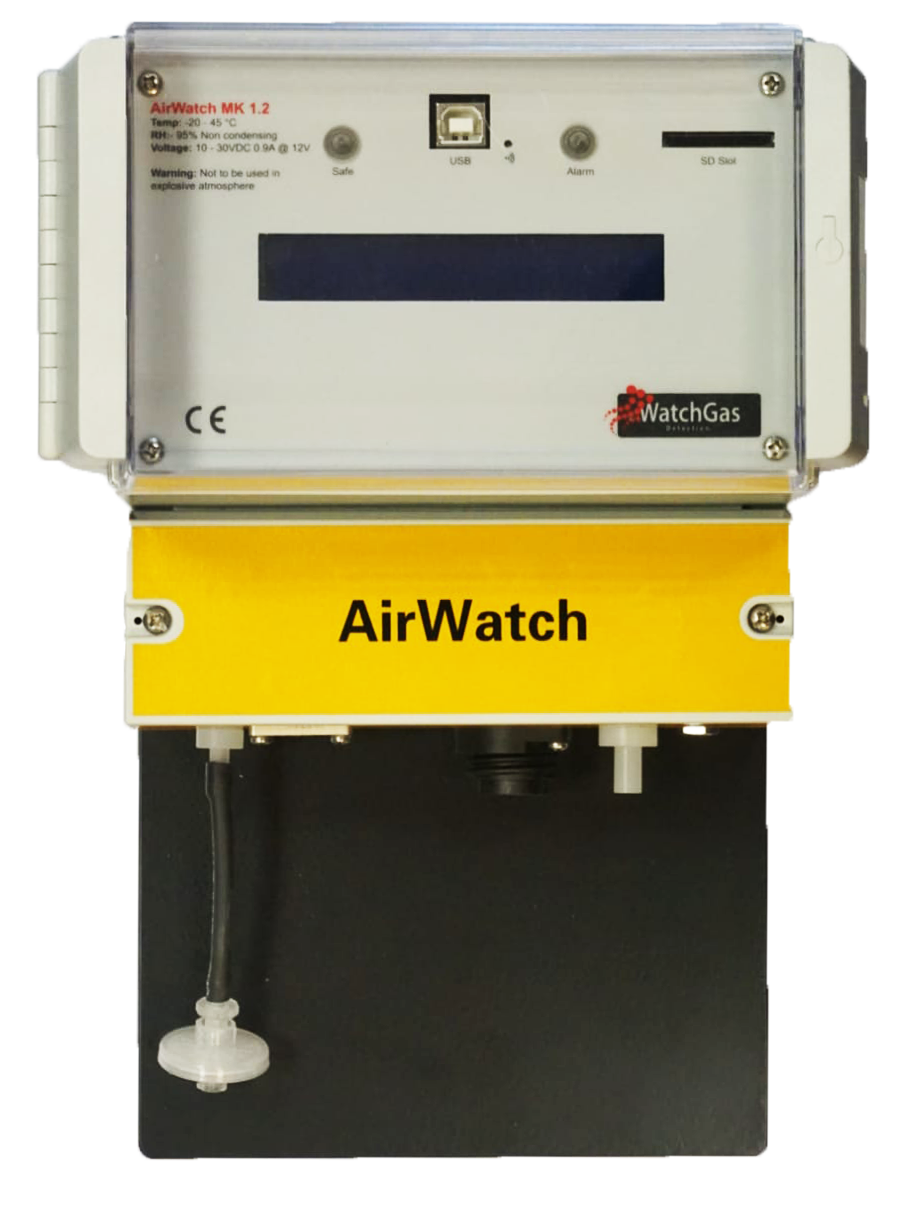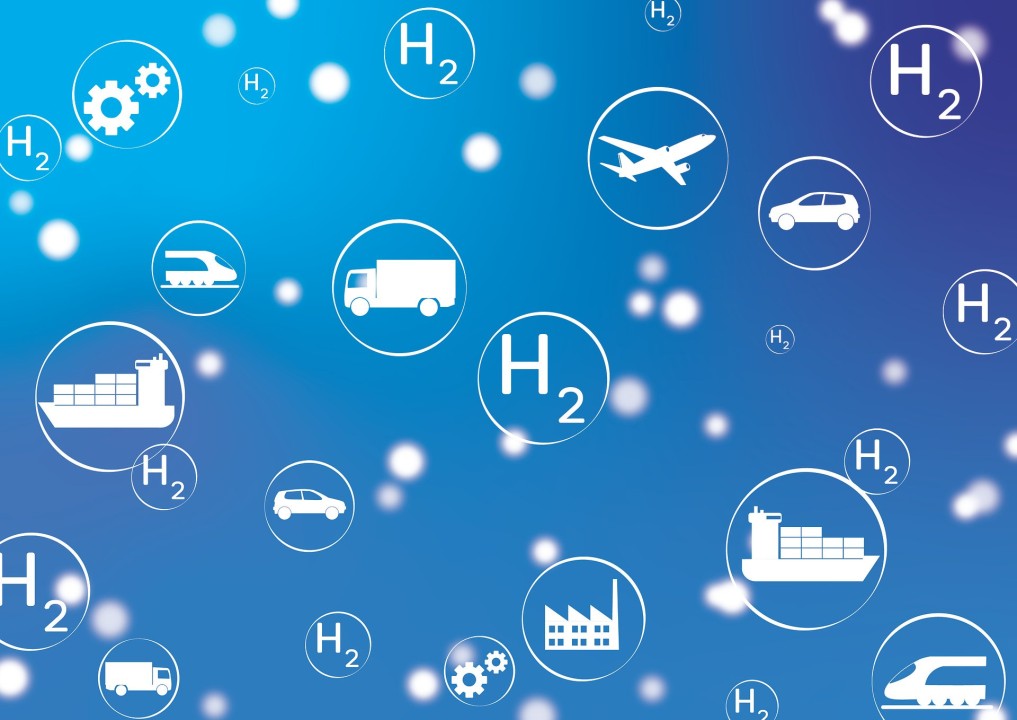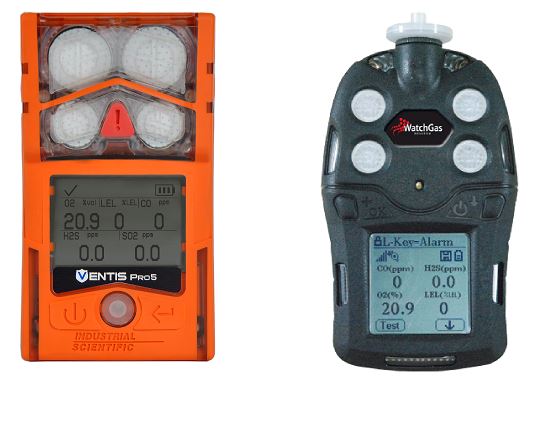Hydrogen, or H2, is one of the biggest alternative fuels and a huge emerging market. From fuel cells and heating to replacing the entire need for fossil fuels. In this article, we do not want to look at the feasibility of the current projects or provide our opinion on this transition. We would like to point out the dangers of this gas and the dangers present in the process, all from a gas detection point of view. Interested in advice regarding hydrogen detection? Please contact us!
Hydrogen is not a new gas, but recently it has found a new purpose in our struggle to replace our need for fossil fuels and the impact they make on the environment. When you take a look at the projects involving hydrogen, you get an insight into the sheer potential of this market. The biggest companies and the brightest minds are involved, with funding from the EU. They currently are the driving force of the energy transition.
Like Natural gas or methane (CH4), hydrogen is an energy carrier. The applications where it can be used, are almost the same. Except it has one big difference: H2 does not release any carbons when burned. In a flame of pure hydrogen gas, burning in air, the hydrogen (H2) reacts with oxygen (O2) to form water (H2O) and releases energy.
Unwanted abilities of hydrogen
Hydrogen has some unwanted abilities. These abilities will make transporting a lot harder than natural gas. A few of them are listed below:
- H2 can embrittle metals, complicating the design process of storage tanks and transport pipelines.
- H2 is much smaller than methane, for which our current grid is designed. meaning a lot of seals do not stop hydrogen.
- H2 is more flammable than methane. posing a greater risk.
- A lot of industrial companies utilize infrared detection for the detection of flammable hydrocarbons. unfortunately, these IR sensors cannot measure hydrogen.
Hydrogen and gas detection
The last point is more of a bridge to the next part: gas detection.
So, is the detection we use for our fossil fuels compatible with hydrogen? No, it's not. An infrared sensor relies on the presence of carbon in the gas to detect it successfully. Hydrogen does not have this carbon present so it cannot be detected with an infra-red sensor. How about the other gases in the future mix, can they be detected? Yes and no. The standard 4-gas detector used in the Oil & Gas industries has four sensors (how surprising). Which are: oxygen(O2), carbon monoxide (CO), hydrogen sulphide (H2S), and Lower Explosion Level (LEL). So these are the problems per sensor:
- O2, with the rise of the total-cost-of-ownership. Manufacturers have been looking to enhance the life of the oxygen sensor. Many of these so-called long-life sensors, negatively respond to hydrogen. We have yet to research the effects on the sensor in the long run, but it is safe to say, it is negatively impacting the sensor. We advise looking for O2 sensors which contain lead, these 'older' sensor like hydrogen have found a newfound purpose.
- CO. The carbon monoxide sensor is highly cross-sensitive for hydrogen. A few % of hydrogen in the air destroys the sensor. This is why we have a hydrogen compensated CO sensor. To make sure you can continue your work after detecting hydrogen safely.
- H2S. This sensor will not be necessary for a hydrogen application, but beware: many gas streams like biogas and natural gas still pose the threat of containing H2S.
- LEL. The catalytic bead variant can measure hydrogen with no problems at all. However, the infrared LEL sensor won't be able to detect hydrogen at all! The IR sensor is mostly found in higher-end detection as a low-maintenance sensor, some companies even claiming it doesn't need maintenance at all. Of course, this is a myth. They all need maintenance but some more than others.
To tackle the challenges mentioned above, we have a few options. Our first and foremost will be the Industrial Scientific Ventis Pro 5 or the WatchGas POLI. All problems above are tackled within one gas detector. Made by manufacturers whose goal is to ban workplace accidents, you know for sure you'll have a high-quality gas detector to keep you safe. Curious about the Ventis Pro 5 or the WatchGas POLI? follow this link to the Industrial Please get in touch with us, we gladly help you out!
How about fixed gas detection and flame cameras?
As stated earlier, infrared gas detection cannot detect hydrogen, but catalytic sensors can. This goes for fixed, fire- and gas detection as well. Unfortunately, 25% of all boiler rooms with gas detection are equipped with infrared gas detection. 25% of the gas detection will fail when we change from methane to hydrogen. Fortunately, 7Solutions has a wide range of fixed detection solutions that can detect hydrogen. A hydrogen flame cannot be seen it burns translucent; at 7Solutions we have dedicated cameras that can detect/see a hydrogen flame. A hydrogen flame cannot be seen it burns translucent; at 7Solutions we have dedicated cameras that can detect/see a hydrogen flame. The WatchGas AirWatch Mk1.2 is highly useable in any hydrogen application.

When redesigning an industrial system or designing anything with hydrogen please keep these challenges in mind and contact 7Solutions in Gas Detection to benefit from our experience and knowledge regarding hydrogen and gas detection.
Any questions or remarks regarding our blog? Get in touch:
CALIBRATE IN GAS DETECTION: The 7 * KEY * facts about the sense (and nonsense) of calibration [Gas meter]
Choices to be made in Gas Detection.
Contaminated instruments need service too


